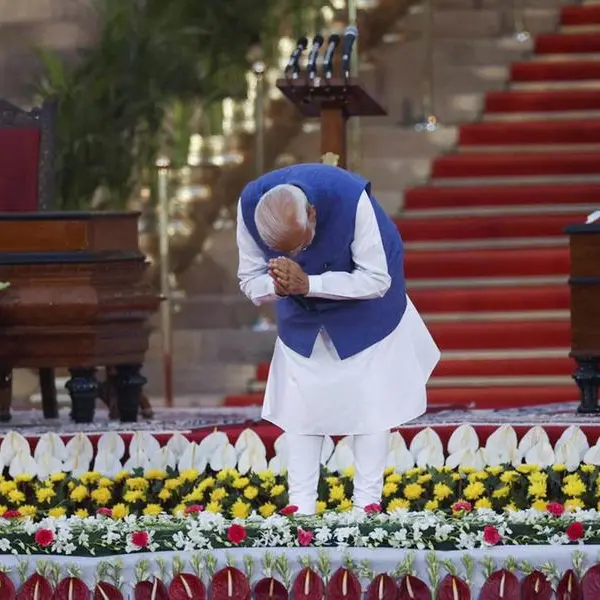PHOTO
Nowhere is the impact of recent crises – the lingering economic consequences of Covid-19 and the global spillover effects of Russia’s war in Ukraine – being felt more acutely than in the developing world.
People in poor countries are struggling to cope with higher food and fuel prices and unsustainable debt, while schoolchildren are still suffering from learning loss caused by the pandemic. In many places, economic growth has stalled.
Compounding these challenges, the effects of climate change are becoming even more pronounced, with floods, droughts, and crop failures threatening lives and livelihoods. And as the Intergovernmental Panel on Climate Change (IPCC) warned in its most recent report, the world must act immediately to ward off some of the more catastrophic consequences of global warming, which would hit the poorest and most vulnerable the hardest.
The global “polycrisis” poses an unprecedented threat to economic development. Creating a more resilient, sustainable, and prosperous future for all now requires redefining the fundamentals of growth to address new transnational threats. Responsiveness, innovation, international cooperation, and private-sector partnerships matter more than ever. The World Bank, already the largest provider of finance for climate action in developing countries, is strengthening its operating model to respond rapidly to these changed circumstances.
When assessing low-income countries’ prospects, the numbers speak for themselves. In developing economies, growth over the remainder of this decade is projected to be one-third lower than it was in the 2000s. Recent crises have thrown tens of millions of people back into poverty. Instead of meeting the Sustainable Development Goal of ending extreme poverty by 2030, the current rate of progress implies that nearly 600 million people will still be living on less than $2.15 a day. The longer-term picture is equally bleak: Covid-related education shocks could cost today’s students in low- and middle-income countries up to 10% of their future earnings.
To reverse the losses of recent years and get developing countries back on track, we need to help governments achieve macroeconomic stability and develop business environments that are conducive to private-sector investment. Rolling out investment-ready capital projects that will underpin a more sustainable future, including in renewable energy and climate-resilient infrastructure, is also essential. And support for building strong and adaptive public-health, education, and social-welfare systems is needed to mitigate the impact of future crises.
The past three years have demonstrated the importance of scaling up crisis preparedness and improving response times. The World Bank Group has provided a financing package of $170 billion for the 15 months ending in June 2023 to help countries address the effects of multiple overlapping crises. Critically, this has included support for strengthening social-protection systems and food and nutrition security in some of the world’s most vulnerable countries. Since February 2022, the World Bank has mobilised more than $23 billion in financial support for Ukraine.
The world has just experienced a deadly pandemic that could have been even deadlier without cross-border collaboration. Working together, we were able to produce and distribute effective vaccines at record speed. With global shocks showing no signs of abating, and with developing economies bearing the brunt of their impact, this type of shared commitment and united action must become the new normal.
- Anna Bjerde is Managing Director of Operations at the World Bank
Copyright © 2022 Khaleej Times. All Rights Reserved. Provided by SyndiGate Media Inc. (Syndigate.info).





















